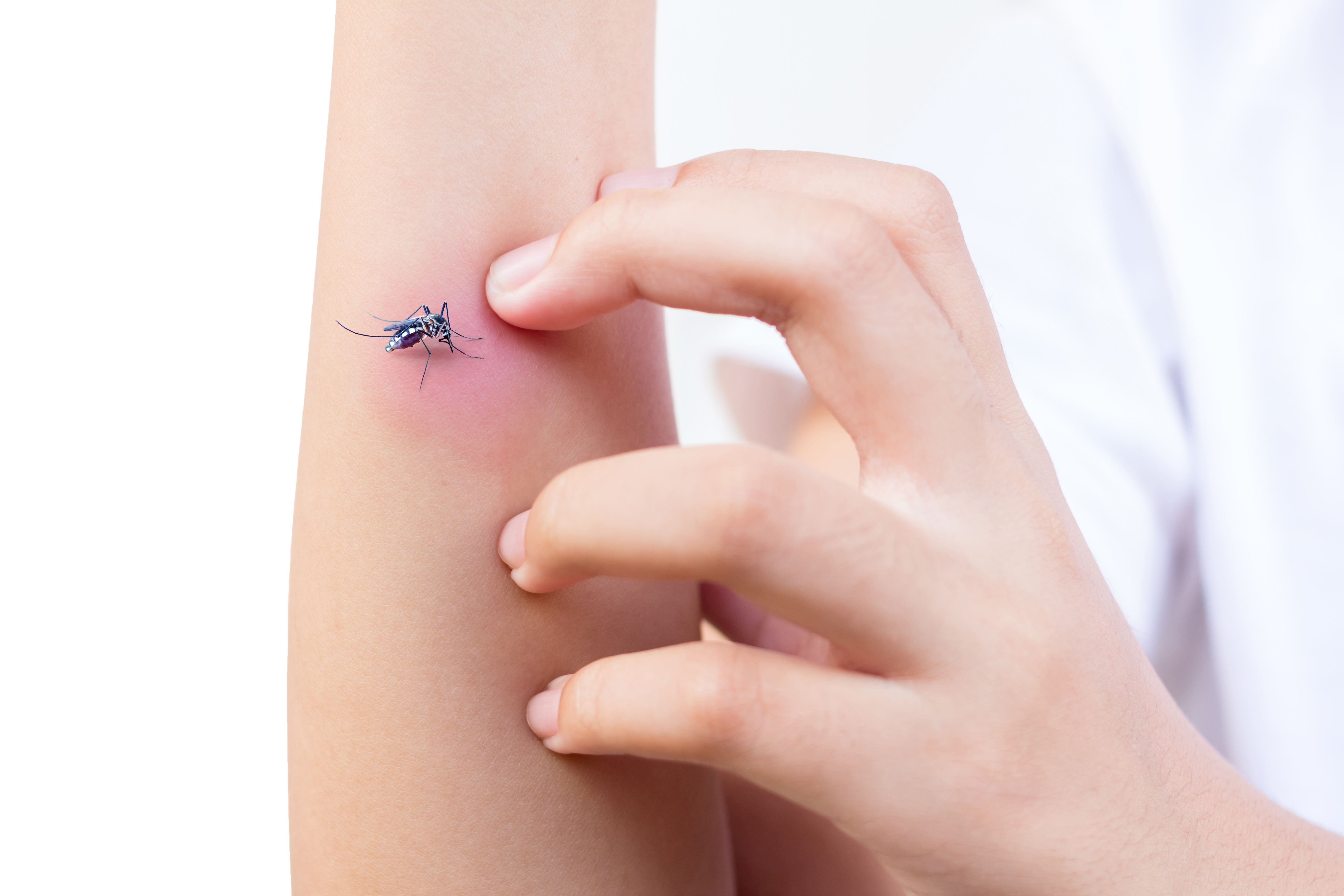
Have you experienced having malaria or do you know someone who had one? Malaria is a parasitic infection that is transmitted by a female Anopheles mosquito, a type of mosquito that bites humans from dusk till dawn. Malaria is a serious disease that is spread by these special mosquitoes and is caused by a parasite known as Plasmodium, which also thrives on monkeys.
Malaria is actually a preventable disease but it affects more than 200 million people around the world and is responsible for the deaths of around 430 thousand people globally, who are mostly children. Among the five species of the Plasmodium parasite, Plasmodium falciparum is the most harmful, followed by Plasmodium vivax, Plasmodium ovale, Plasmodium malariae, and Plasmodium knowlesi.
The whole Philippines is at high risk for the disease, except urban areas and areas such as Metro Manila, major urban cities, Bohol, Cebu, Leyte, Samar and Catanduanes.
People in the provinces such as Luzon, Mindoro, Palawan, Basilan, Calamian, Sulu Archipelago (Tawi Tawi), and Mindanao are at high-risk for malaria.
If you are planning to go on a vacation in high risk areas, you should be on watch for signs and symptoms of malaria. If you are planning to bring your family on your trip to these areas including your children, it is important that you know these so that you will be vigilant on the whole days of your trip.
Signs and Symptoms of Malaria
A person infected with malaria will develop the symptoms within 10 days to 4 weeks after the infection. For some individuals it takes many months to develop the symptoms.
Some of the malarial parasites that entered the body may be dormant for a long time.
There are two types of malaria: uncomplicated and complicated. Here are their corresponding signs and symptoms.
Uncomplicated Malaria
The most common symptoms of uncomplicated malaria are:
The classic signs and symptoms of malaria consist of alternating chills with fever and headaches followed by a spell of profuse sweating and fatigue. This is known as the hot and cold stage and it lasts for 6 to 12 hours. However, usually, this is rarely observed.
These signs and symptoms are nonspecific, thus doctors often base their diagnosis on whether the patient has risk factors for malaria, such as travel to endemic areas.
Complicated or Severe Malaria
In this case, malaria has already spread to other parts of the body. The signs and symptoms at this stage are as follows:
What to Do
If you or your loved one has recently travelled to an area which is endemic for malaria, you should approach your primary care physician. Malaria can only be treated by your physician. Your physician will run some tests after which malaria can be considered or excluded.
-Medical Observer
Overweight and obesity are defined as abnormal or excessive fat accumulation that presents a risk to health. A body mass […]
Around 27 million Filipino adults are overweight or obese, according to the latest National Nutrition Survey conducted by the Food […]
Advances in scientific and technological knowledge have provided unprecedented advantages in terms of immeasurable convenience in our daily living, lightning-fast […]